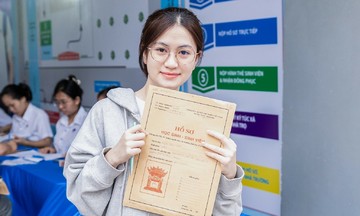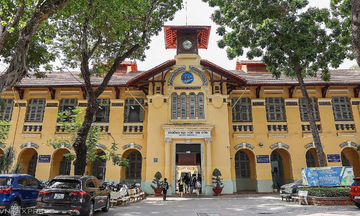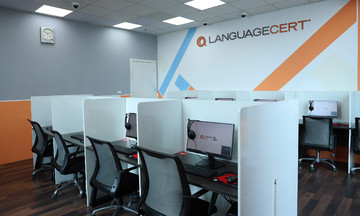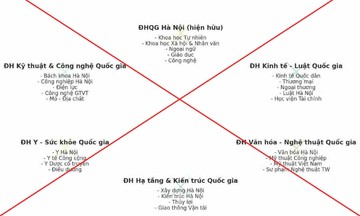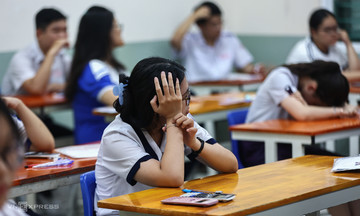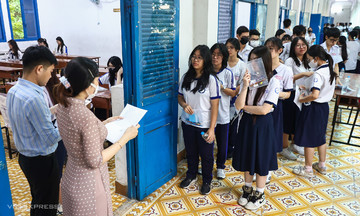This information was shared at a meeting on September 22nd to gather feedback on the draft plan "Making English a second language in schools from 2025-2035, with a vision to 2045."
According to Thai Van Tai, Director General of the Department of General Education, the plan aims to have English widely used in all 50,000 schools by 2045, encompassing around 30 million students and one million teachers.
The implementation roadmap is divided into three phases: five years (2025-2030), 10 years (2030-2040), and five years (2040-2045).
Key tasks and solutions include raising social awareness, improving regulations, developing the teaching workforce, creating curricula and learning materials, innovating testing and assessment methods, and applying technology and artificial intelligence.
To achieve these goals, Tai said 12,000 pre-school English teachers and 10,000 primary school teachers need to be recruited. Additionally, at least 200,000 teachers must be trained to teach in English by 2030.
Vietnam currently has over 1.05 million teachers at the general education level (grades 1-12). According to Government Decree 222/2025, to teach and learn in a foreign language, primary and secondary school teachers must achieve level 4/6 or higher according to the Vietnamese proficiency framework, equivalent to B2. For high school, the requirement is level 5/6, equivalent to C1.
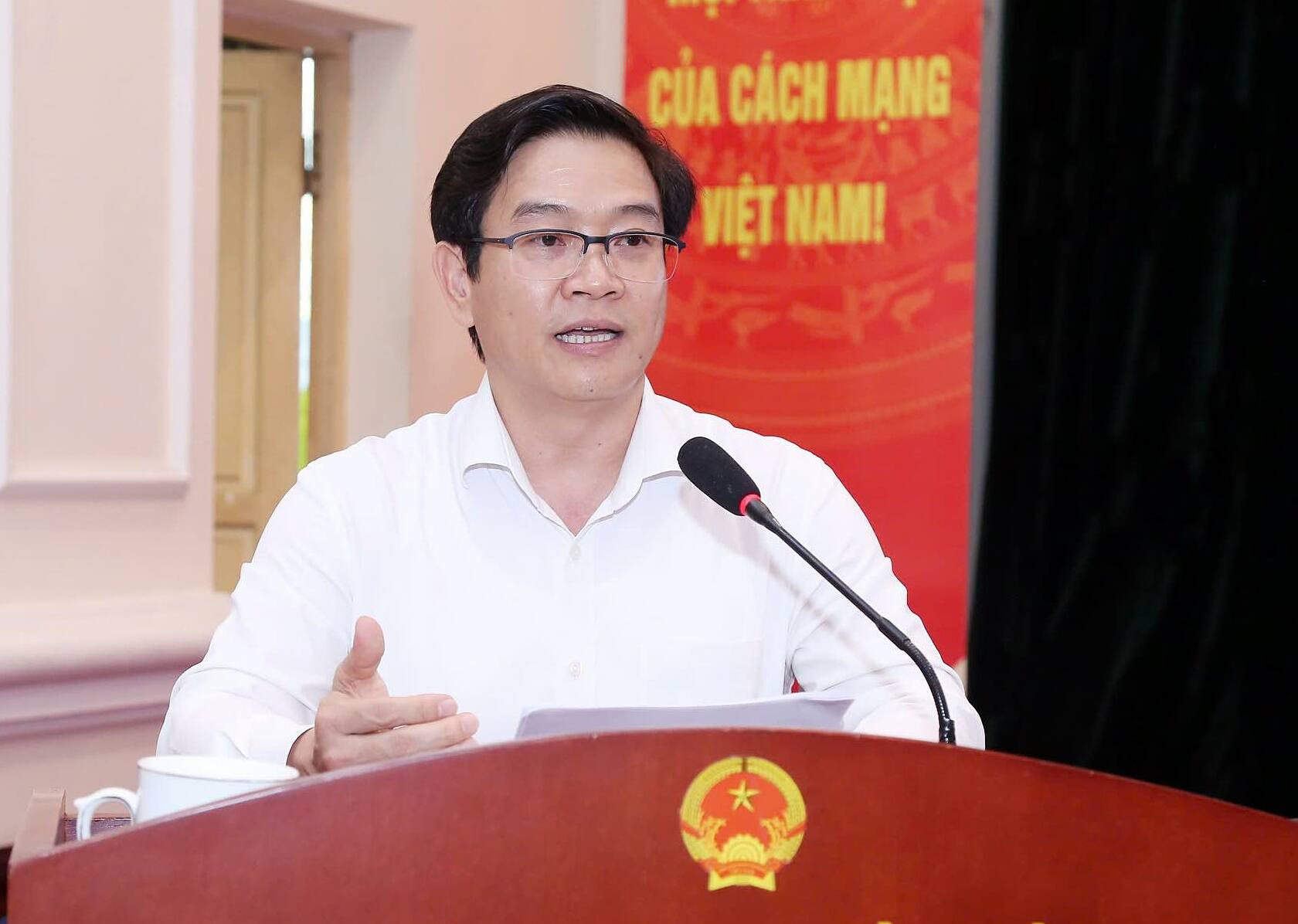 |
Thai Van Tai, Director General of the Department of General Education, speaking at the afternoon session on 22/9. Photo: MOET |
Thai Van Tai, Director General of the Department of General Education, speaking at the afternoon session on 22/9. Photo: MOET
Professor Huynh Van Son, Rector of Ho Chi Minh City University of Education, suggested surveying the current foreign language teachers. He believes the existing human resources and technology can meet the needs of the sector if the plan is organized and implemented effectively.
Deputy Minister Pham Ngoc Thuong acknowledged regulations and teacher training are two key factors among the eight major solutions of the plan. He emphasized the need for reforming teacher training programs and providing adequate incentives, especially for teachers who both teach English and use it to teach other subjects.
He also highlighted the role of technology and artificial intelligence in language teaching and learning; launching an English learning emulation movement; and learning from and replicating successful models in localities and schools.
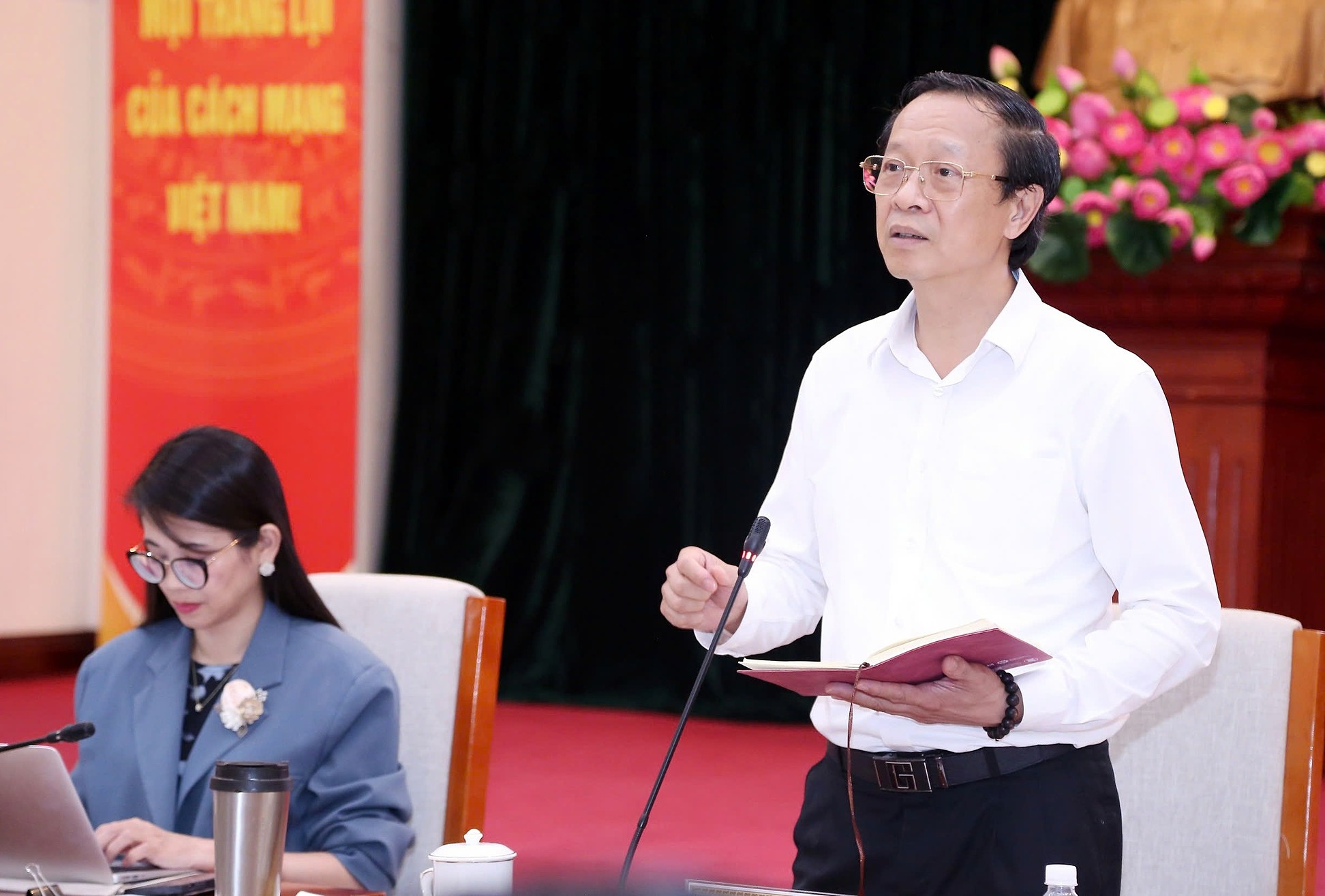 |
Deputy Minister Pham Ngoc Thuong speaking at the afternoon session on 22/9. Photo: MOET |
Deputy Minister Pham Ngoc Thuong speaking at the afternoon session on 22/9. Photo: MOET
Last August, the Politburo requested all levels enhance students' foreign language proficiency, gradually making English a second language in schools. This means English will not just be a subject for exams but also a medium for teaching other subjects and used in daily work and communication.
Currently, no locality teaches English as a second language province-wide. It is only being piloted in specialized or high-quality schools. According to MOET statistics, in the 2024-2025 school year, about 112,500 students learned other subjects in English, and 77,300 students were taught with integrated English, in over 40 out of 63 provinces and cities.
Thanh Hang





